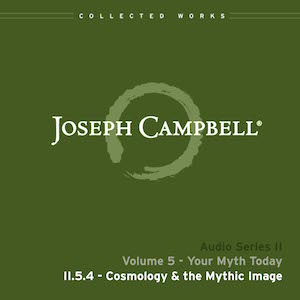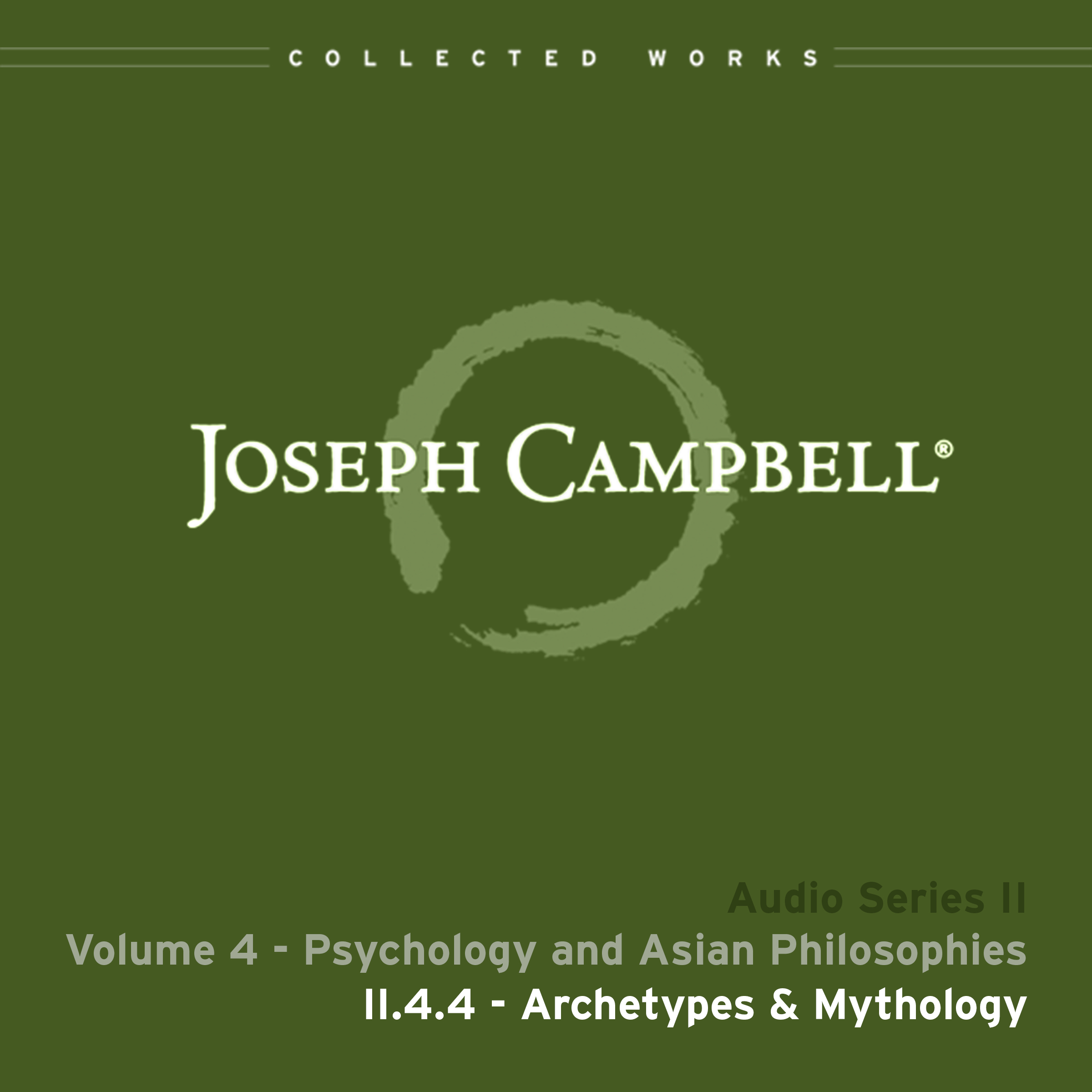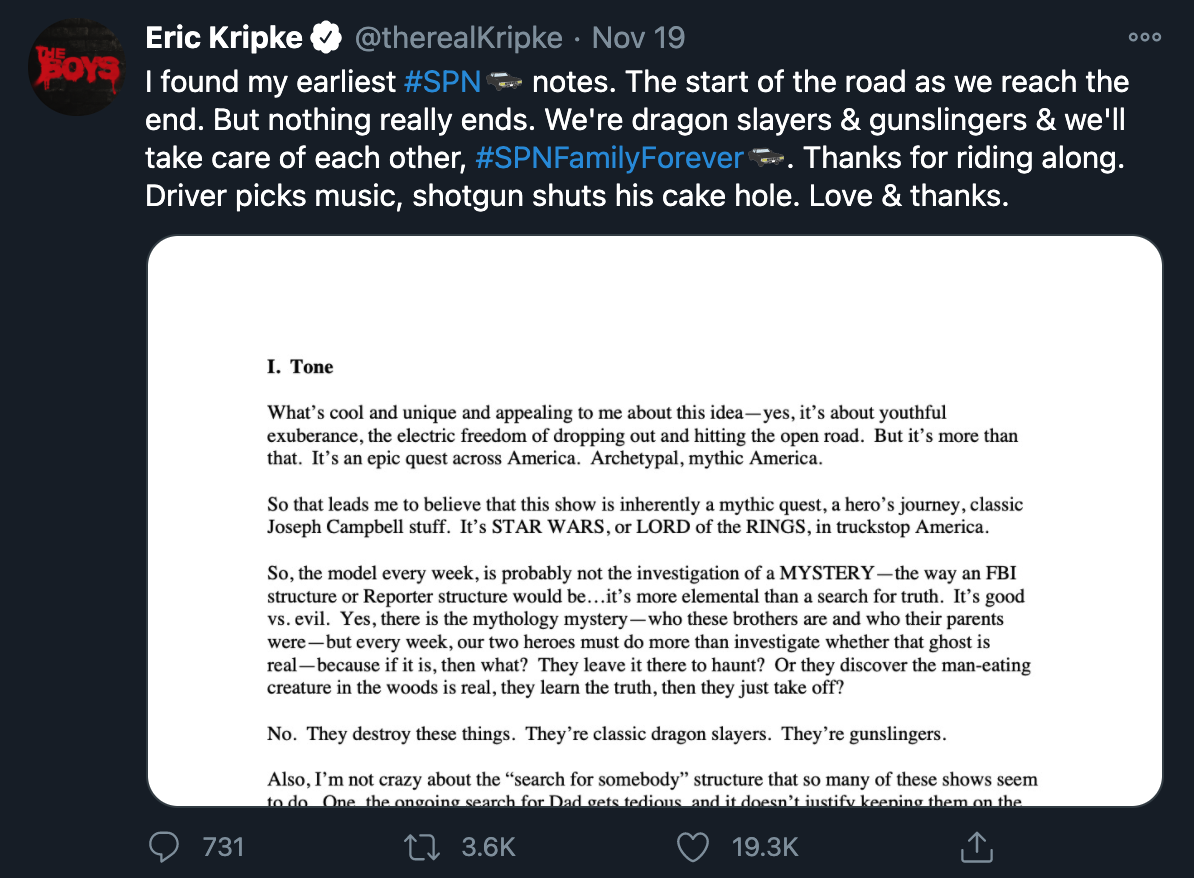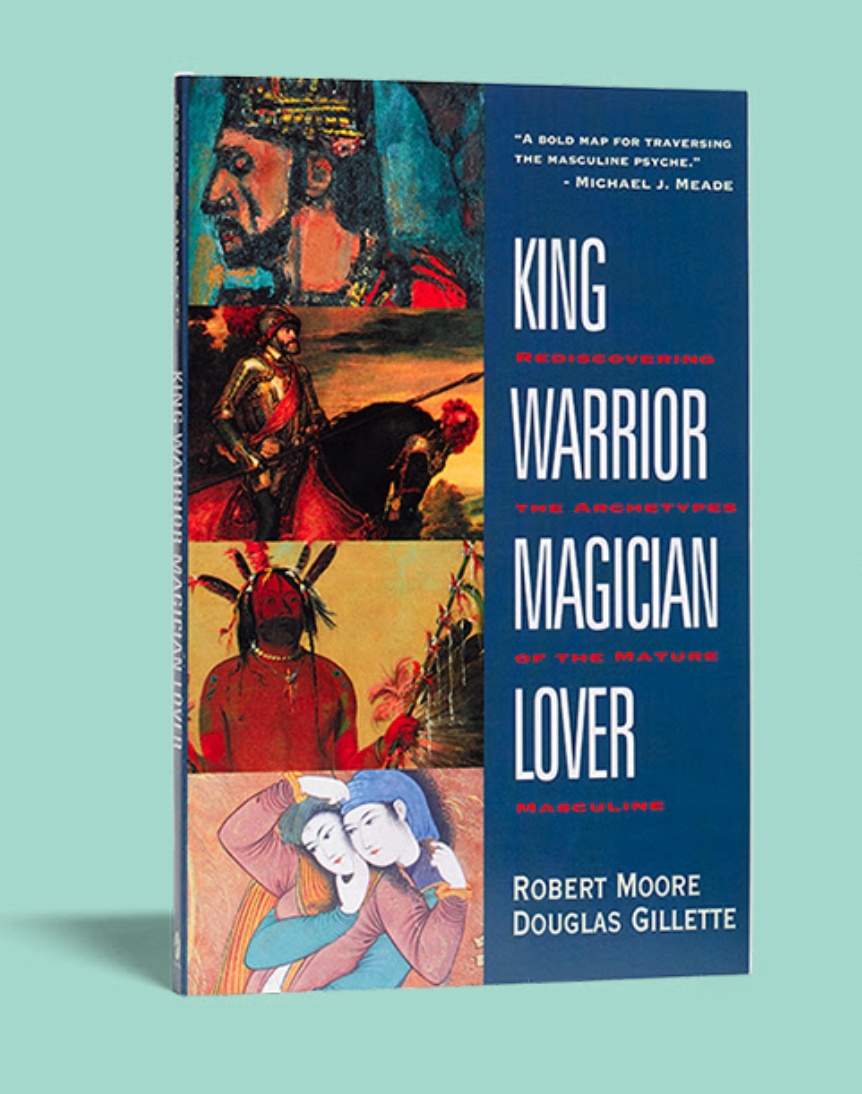In The Stillness of Love’s Madness

If anyone doubted that the essence of the individual is thoroughly interwoven with the collective fibers of society, our continued state of social distancing and isolation is further proof of the case. Robbed of our participation in the collective, we feel robbed of part of ourselves. Our sense of individuality and uniqueness rests on a social matrix of institutional forces and collective energies well beyond our egocentric control. Perhaps this is the reason Aristotle came to the conclusion long ago that a human being is by nature a “political animal” (zōon politikon) (Politics 1.1253a3). And this is not dissimilar to the way feminism came to formulate its rallying cry at the end of the 1960s: “the personal is political.”
Now, with the advent of social media, it has become startlingly clear that one’s “personal” life experience — once caught in the dynamic of our virtual networks and the order of the symbolic — gets entangled in the spider web of our collective psyche. Nevertheless, there’s more to the story. The surface show of our collective consciousness does not exhaust the resources of the collective unconscious proper at its deepest foundation.
Read more
In their native soil of possibility and pure potentiality, the archetypes of the collective unconscious are the nocturnal creatures of nightmarish fantasy, hidden deep in the dark primeval forests of cosmic matter and its universal unconsciousness. This is why archetypes, when properly understood, do not become fixed objects of empirical cognition. They are accessible only to a peculiar “dark mode” of consciousness — an existential hermeneutic of myth which takes place near the threshold of being and nonbeing in the “noumenality” of time.
Speaking in this “dark mode” of mythic consciousness, Joseph Campbell writes about the deepest substratum of the archetypal psyche, this pre-symbolic realm of pure psychic energy hinting at the strange state of non-being before the positivity of the world of objects. This is an unheard of space before the act of creation, where rather than heroes or monsters or any other definite mythic typos, Campbell comes upon a nebulous set of “primal energies and urges of the common human species: bioenergies that are of the essence of life itself, and which, when unbridled, become terrific, horrifying, and destructive.” (Inner Reaches, xv) Campbell wants to highlight four distinct channels of primordial influence (nutrition, sexuality, the “will to plunder” and compassion), making a distinction with the latter two as being impulses “launched from the eyes” (xviii), which is to say that they are more ideological in nature. This is especially true of compassion, as it was “late to appear in the evolution of species, yet evident already in the play and care of their young of the higher mammals.” (xviii)
Upon closer inspection, however, each of these primordial impulses appears as a slight modification of a singular self-generative life-force or libido and its uroboric logic. Subverting the world of appearances, libido stands for the paradoxical and irrepressible sexual energy of Love, the self-generating and self-consuming power of life, bubbling up to human consciousness in the metaphysical boiler of the death drive (todestrieb). As Campbell begins to elucidate each of these primal impulses, we can see how “the innocent voraciousness of life,” as he writes, is already “linked almost in identity with […] the sexual, generative urge.” (Inner Reaches, xv) And the same is true of “the will to plunder” which is ultimately explained by the “the ‘Law of the Fish’ (matsya-nyåya), which is, simply: ‘The big ones eat the little ones and the little ones have to be numerous and fast’ (xviii) — an analogy that once again brings us back to a secret “ identity with […] the sexual, generative urge.” (xv)
This is an illustration of Freud’s point against the Jungian stratification of the psyche and its brutal reduction of sexuality to some blind biological urge. The irony of this debate is that only Jungians reduce sexuality to biology whereas Freud saw very clearly what all religious ideologies, including Jung’s, seek very much to repress the knowledge of: the fact that sexuality (Eros) is a rival metaphysical force beyond Meaning and the need for religious ideology. Although in its inception psychoanalysis postulated Eros and todestrieb as the primordial pair of opposites, it was Jacques Lacan who settled the theoretical ground of the Freudian vision by clarifying the ultimate identity between Love and the death drive. They are two sides of the same metaphysical coin as the singular force embodying a mortal sense of transcendence.
The common essence that binds sexuality and todestrieb is present in the deadly excesses of life itself, the way it presses against itself in order to maintain and create itself through endless cycles of death and reproduction. As Jung himself put it, “The secret is that only that which can destroy itself is truly alive.” (CW12:¶93) Hence the tendency shared by each of these primordial impulses to “become terrific, horrifying, and destructive,” as Campbell observed in Inner Reaches (xv).
But this is the stillpoint of archetypal psychoanalysis, the mortally transcendent concept of libido, which embodies the tremendous essence of life itself at the bounds of knowability. Aptly pictured in sci-fi horror movies by the voracious alien creature, the concept of libido has “infinite plasticity” and “can morph itself into a multitude of shapes,” as Slavoj Žižek writes in How to Read Lacan, adding that in this alien image “pure evil animality overlaps with machinic blind insistence. The ‘alien’ is effectively libido as pure life, indestructible and immortal.” (63) Denying us the comfort of a parental archetypal image, the representation of libido becomes The Thing in John Carpenter’s 1982 sci-fi horror classic — a masterpiece of psychoanalytic fiction which effectively deploys the image of the alien as an “image to cancel all images, the image that endeavors to stretch the imagination to the very border of the irrepresentable.” (64) “This blind indestructible insistence of the libido is what Freud called ‘death drive,’ and one should bear in mind that ‘death drive’ is, paradoxically, the Freudian name for its very opposite, for the way immortality appears within psychoanalysis.” (62) With this apt description of the passion of the infinite, we come to rest here, in the grip of our creative daimon, where a state of ceaseless productivity provides the ground for a transcendent vision. Driven by its relentless desire to reproduce itself, possessed by the “compulsion-to-repeat” again and again the act of creation, the soul finds her proper rest here, in the stillness of Love’s madness, beyond the cycles of life and death.
Discuss this MythBlast with the author, Norland Tellez, in our forums: visit Conversations of a Higher Order to join the conversation.
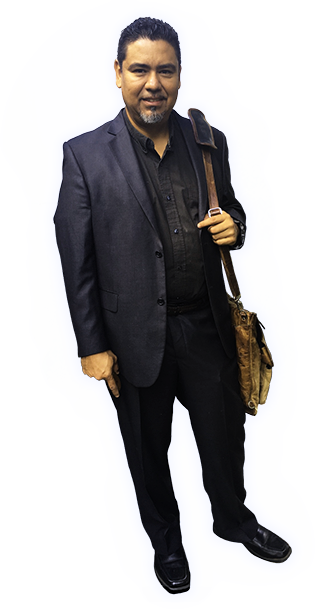 Norland Téllez is a visual artist and teacher as well as writer and mythologist, combining the art of story-telling with the power of philosophical thought. He is both a visual development artist and a writer, as well as a story analyst in the realm of Mythological Studies. He attended CalArts and graduated from their character animation department in 1999. Norland went on to pursue his masters and doctorate degrees at Pacifica Graduate Institute, graduating in 2009 with a dissertation on the Esoteric Dimensions of the Popol Vuh, the Sacred Book of the Quiché-Maya.
Find more at mythistorian.com.
Norland Téllez is a visual artist and teacher as well as writer and mythologist, combining the art of story-telling with the power of philosophical thought. He is both a visual development artist and a writer, as well as a story analyst in the realm of Mythological Studies. He attended CalArts and graduated from their character animation department in 1999. Norland went on to pursue his masters and doctorate degrees at Pacifica Graduate Institute, graduating in 2009 with a dissertation on the Esoteric Dimensions of the Popol Vuh, the Sacred Book of the Quiché-Maya.
Find more at mythistorian.com. Monthly Gift
Cosmology and the Mythic Image (Audio: Lecture II.5.4)
Our gift to you this month is an audio lecture download. Access this download for free until the end of the month.
How do you talk about the universe, the big bang of creation, light years, archetypes, mythology, and the heliocentric universe in one lecture? Campbell pulls from many sources and blends them into a wonderful telling of a view of the universe, then ends with a story of Indra Purana, much to the audience’s delight.
Weekly Quote
Eternity is not a long time; rather, it is another dimension. It is that dimension to which time-thinking shuts us. And so there never was a creation. Rather, there is a continuous creation going on. This energy is pouring into every cell of our being right now, every board and brick of the buildings we sit in, every grain of sand and wisp of wind.
News & Updates
CHRISTIAN – Saint Nicholas Day (12/6)
CHRISTIAN, Catholic – Immaculate Conception of Mary (12/8)
The Catholic community observes the Solemnity of the Immaculate Conception, an occasion commemorating the birth of Virgin Mary by the Ancestress of God, St. Anne.
– Feast Day – Lady of Guadalupe (12/12)
JEWISH – Hanukkah 12/10-18
Our Jewish community celebrates the First Night of Hanukkah.
Featured Video
Campbell in Culture
SUPERNATURAL Creator Points to Joseph Campbell
Hit television show Supernatural concluded its 15 year run with creator, Eric Kripke, sharing with fans his original notes for the creation of the show. Kripke tweeted the notes out to fans, where he states that “this show is inherently a mythic quest, a hero’s journey, classic Joseph Campbell Stuff.” Kripke goes on to say, “I went for the most CLASSIC structure possible. Hero’s Journey.” To see Kripke’s tweet and to read more of his notes for the show, click here.
Featured Work
Inner Reaches of Outer Space, The
Developed from a memorable series of lectures delivered in San Francisco, which included a legendary symposium at the Palace of Fine Arts with astronaut Rusty Schweickart, this book–the last Campbell completed in his lifetime–explores the space age. Campbell posits that the newly discovered laws of outer space are actually at work within human beings as well and that a new mythology is implicit in this realization. He examines the new mythology and other questions in these essays.
Book Club
“King, Warrior, Magician, Lover is the bestselling, widely-heralded, Jungian introduction to the psychological foundation to a mature, authentic, and revitalized masculinity. Dive in with eyes, mind, and heart alert and wide open.”
– Andrew Gurevich, Editorial Advisory Group, Joseph Campbell Foundation
Subscribe to JCF’s email list to receive a weekly MythBlast newsletter along with occasional news and special offers from JCF.

